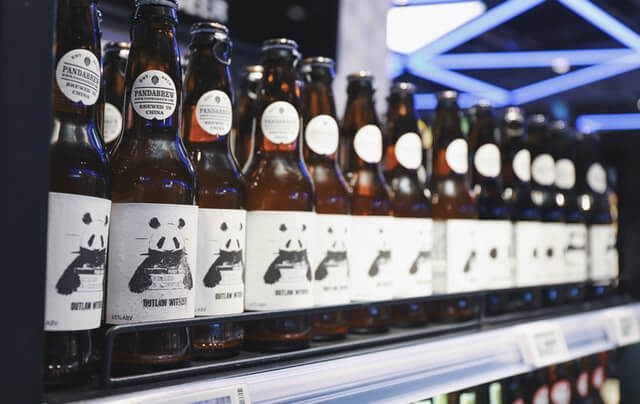After a difficult week at the office, some people love to relax with a glass of wine while others like to take shots of Vodka at nightclubs. Regardless of personal preference, one question still remains: where does the line between drinking in moderation and addiction exist? Some individuals can say “no” after one glass of wine, while another person cannot live without the rush of a vodka shot. Meanwhile, frequent abuse of alcohol could hint at an underlying problem, as well. To understand the specifics of casual drinking and dependency, you must first take a look at Alcohol Use Disorder (AUD).
Typically, people who suffer from Alcohol Use Disorder experience habitual behavior including an inability to control drinking, a fixation with alcoholic drinks, frequent abuse of alcohol, or complete dependency. This systematic behavior can also include a dangerous habit called “binge drinking,” in which a person downs a minimum of four drinks (for a female) to five drinks (for a male) within a period of one hour, and alcoholism. These individuals will also experience drastic changes in familial and social relationships and an inability to take control over their daily functions (e.g. fixed schedule).
Signs of Alcohol Use Disorder
To determine if you fall into this category of AUD sufferers, you must first consider how much alcohol you consume. Health experts have determined a man should only ingest two drinks per day at maximum, while a woman should never exceed one drink per day. The limits for “one drink” have been set at 1.5 ounces for liquor, 5 ounces for wine, 8.9 ounces for malt liquor, and 12 ounces for beer.
To consider if you have AUD, reflect on these questions:
- Have you ever exceeded your normal daily intake?
- Have you continuously attempted to stop drinking but ultimately failed?
- Do you have a deep-seated urge or a desire to consume alcoholic beverages?
- Has your drinking affected your relationships with your family, friends, and coworkers?
- Have you had to consume more alcohol to get the desired effect over time?
- Have you experienced withdrawal symptoms after you have stopped drinking?
In the long run, AUD can also cause severe problems ranging from memory loss and blackouts to brain damage, cancer, and possibly death.
Hope is always within reach. Alcohol does not have control over your life. You do. If you are a seeking help for alcohol use disorder or dependency or if your loved one or friend is suffering from a similar problem, get in touch with Asana Recovery. Counselors and healthcare experts can walk you through every step of the detox and withdrawal process and help guide you to a happier, healthier, and freer lifestyle. While it might not be an easy road to travel, we promise to help you every step of the way. Take the first step to build a better future.
The time for you to take back control of your life is now. If you are interested in one of our residential treatment or supervised detoxification/withdrawal programs, we are ready and waiting to speak with you at your disclosure. Call Asana now at (949) 438-4504 to learn how to overcome your alcohol abuse or addiction troubles today.



